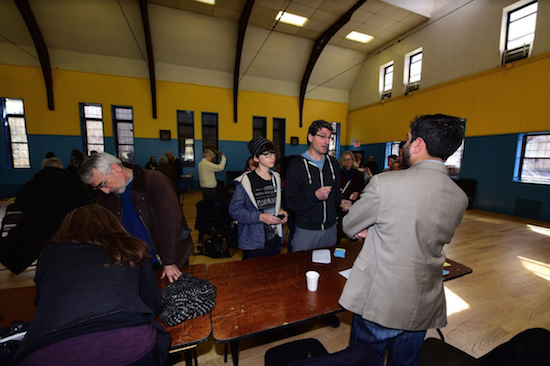Campaign 101 tries to make the political process comprehensible

Perspectives on Red2Blue and RunNYC’s recent Campaign 101 symposium varied according to the attendee’s own personal background.
“I was on a campaign as an intern in Massachusetts,” said Chloe Perez, currently of Voter Acquisition Network. “And now I’m trying to learn about what’s happening in Brooklyn — there are opportunities here … I feel like I should be able to do something.”
“There was a great deal of focus on timing in the campaign process,” Kate Rockey pointed out. “And the centrality of fundraising to the political process.”

Brooklyn Boro
View MoreNew York City’s most populous borough, Brooklyn, is home to nearly 2.6 million residents. If Brooklyn were an independent city it would be the fourth largest city in the United States. While Brooklyn has become the epitome of ‘cool and hip’ in recent years, for those that were born here, raised families here and improved communities over the years, Brooklyn has never been ‘uncool’.